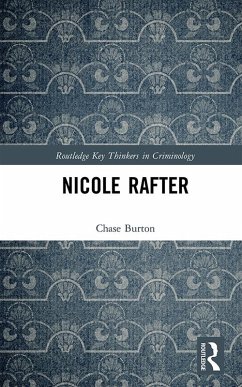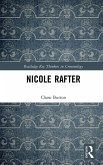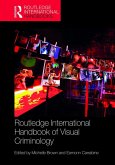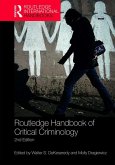While many books on criminological theory explain and historically contextualize theory, they do not interrogate the production of theory or the epistemological assumptions behind it. Drawing on the world of Nicole Rafter, this book offers an accessible handbook to her extensive historical studies and to how her work demonstrated the importance of historical theory to criminological knowledge. Furthermore, the author brings Rafter's historical research to life and shows how it speaks to contemporary issues in criminology and punishment.
Written in a clear and direct style, this book will appeal to students and scholars of criminological theory, intellectual history, sociology, comparative criminology, and feminist criminology.
Dieser Download kann aus rechtlichen Gründen nur mit Rechnungsadresse in A, B, BG, CY, CZ, D, DK, EW, E, FIN, F, GR, HR, H, IRL, I, LT, L, LR, M, NL, PL, P, R, S, SLO, SK ausgeliefert werden.
Meda Chesney-Lind, University of Hawaii at Manoa
Nicole Rafter, throughout her career, addressed crucial issues to which mainstream criminology paid far too little attention. They include genocide, gender and imprisonment, media, the link between criminology and eugenics, and criminology as a discipline. Chase Burton's well and intelligently written book makes Rafter's work accessible to new generations of scholars, embedding it in a broad body of scholarship.
Joachim J. Savelsberg, author of Knowing about Genocide: Armenian Suffering and Epistemic Struggles









